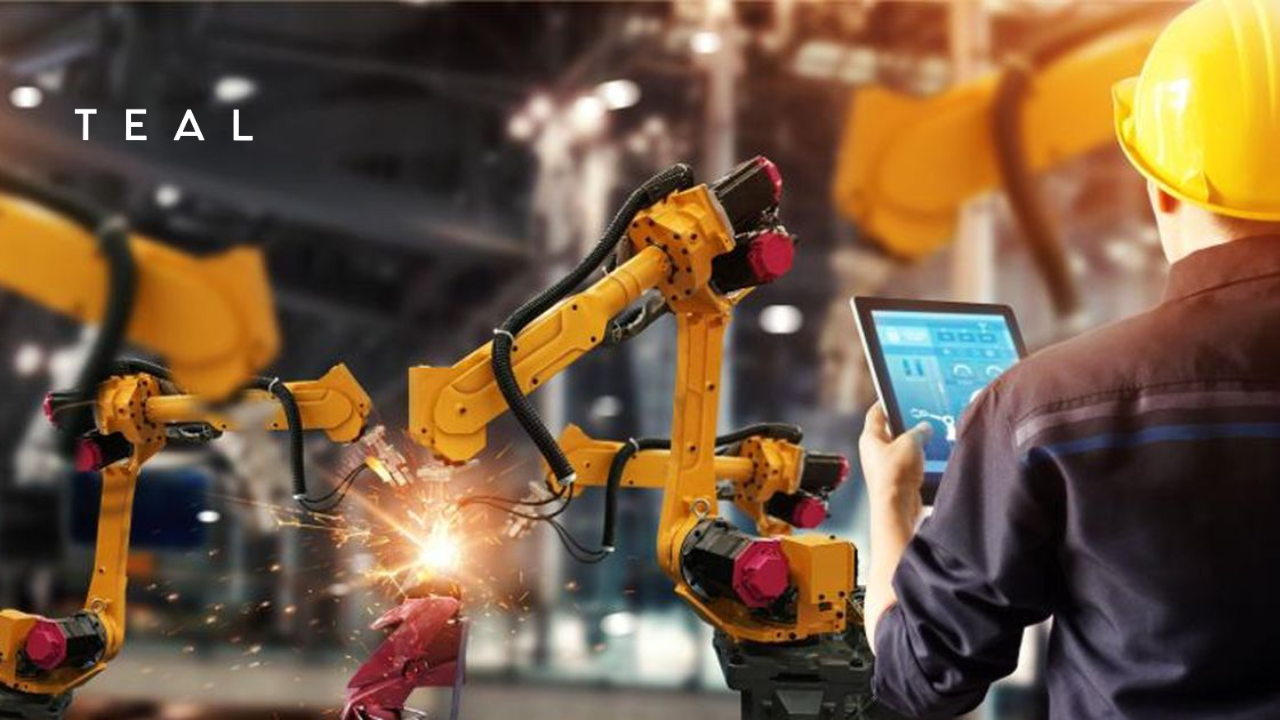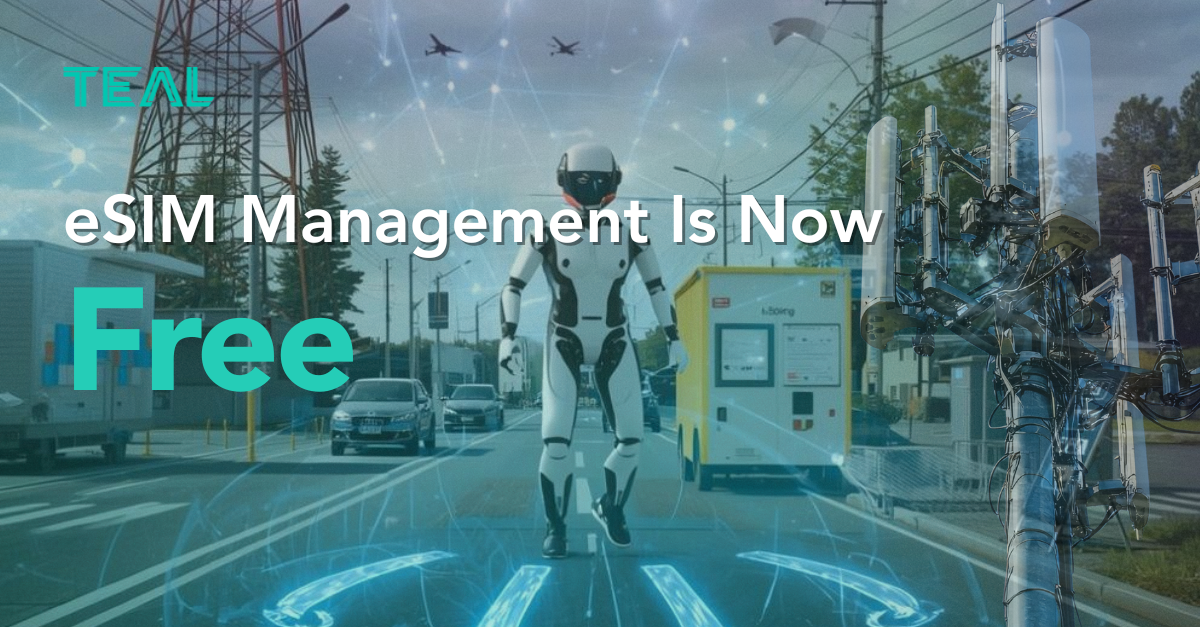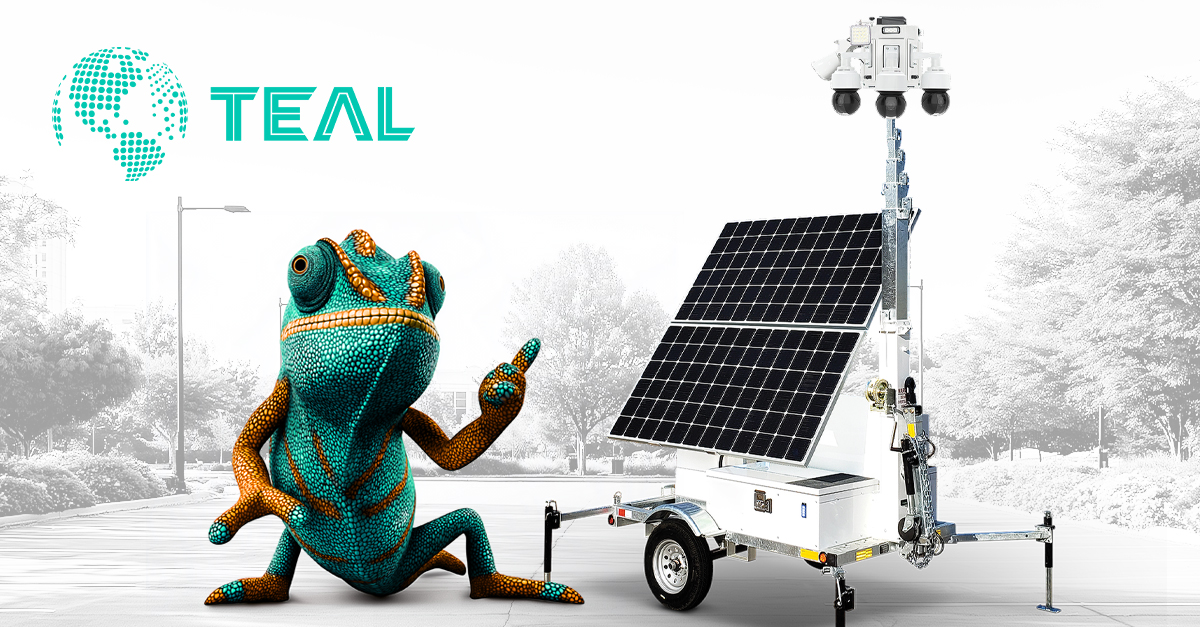How Are Businesses Maximizing Profits with Industrial IoT (IIoT) Technology?

How Industrial IoT (IIoT) Technology, Connected by eSIM, is Unlocking Efficiencies and Profits Across Various Industries
Not so long ago, the images of a fully automated factory or a remote mining operation seemed like an ambitious dream. But with rapid technological advancements, the dream is now a reality. In today’s fast-paced world, businesses across different sectors are leveraging innovative technology solutions to enhance operational efficiencies and drive profits. One technology that is the silent enabler of Industrial Internet of Things (IIoT) solutions is eSIM. By connecting key cellular-enabled technologies and overcoming connectivity challenges, eSIM has emerged as a game-changer for businesses, and this revolutionary technology is making traditional SIM cards obsolete. eSIMs are embedded, programmable SIM cards that allow devices to switch between networks without physically changing the SIM card. eSIM technology enables seamless connectivity and ensures optimal machine-to-machine communication (M2M) connecting IIoT solutions across a myriad of industries including oil and gas, mining, manufacturing, railway, agriculture, healthcare and automotive.
In this blog post, we will explore the ways in which Industrial Internet of Things (IIoT) technology, connected by eSIM, is unlocking efficiencies and profits across these sectors. From remote asset monitoring to predictive maintenance, we’ll delve into eSIM technology’s impact on a wide range of industrial technologies.
Oil and Gas: The oil and gas industry is one that is critical to the global economy, with its supply chain stretching from drilling, refining, transportation, and distribution of petroleum products.

The industry has seen several challenges in terms of safety, efficiency, and cost, making it more important than ever to look for innovative ways to streamline operations while also managing costs. That’s where Industrial Internet of Things (IIoT) technology comes in. IIoT technology involves the use of intelligent devices, sensors, and advanced analytics to optimize operations, enhance visibility, and ultimately increase profitability. Enhanced monitoring and analytics, remote operations control, predictive maintenance, environmental monitoring, and safety improvements are just a few areas where the technology is making its impact felt.
Mining: IIoT technology in mining requires reliable and secure connectivity to transfer data between sensors, gateways, and cloud servers. eSIMs make it easy to connect and manage a large number of IoT devices across different locations, even in remote and harsh mining environments. eSIMs can be integrated into sensors, cameras, trucks, drills, conveyors, and other mining equipment to transmit and receive real-time data on factors such as temperature, humidity, pressure, vibration, and geolocation. For example, using IIoT technology allows mining companies to gather information on the condition of mines and environmental data, individual worker movements, and enables the tracking of vehicles locations across large distances. This data can be used to optimize production, reduce downtime, enhance safety, and improve environmental sustainability.

Learn more about how IIoT technology is streamlining mining operations: How Next Generation Connectivity Solutions Are Powering the Future of Global Mining Operations
Manufacturing: eSIM-enabled IIoT technology allows businesses to efficiently monitor and control their production lines. By tracking machine uptime and downtime, they can optimize production schedules and respond immediately to faults. For example, by installing sensors to track the condition and performance of equipment, manufacturing factories can boost productivity, reduce machine downtime, and minimize maintenance costs. The data leveraged from eSIM connected technology can be analyzed to determine machine performance and identify potential breakdowns before they occur.
Furthermore, the use of eSIM connected technology in supply chain management has enabled companies to gain real-time visibility into the movement of goods across geographies and borders, resulting in more efficient and effective logistics operations.

One example of how IIoT technology has enabled more efficient operations with the use of eSIM technology is in manufacturing, with Machfu. Machfu simplifies the complex landscape of Industrial Internet of Things (IIoT) by connecting data at the edge to enterprise applications in the cloud and on-prem. Their connected products and enterprise-level solutions serve as the foundation for smarter operations, increased safety, and optimized production.
Reliable connectivity is critical for monitoring remote sensors and field assets but managing multiple cellular technologies (3G, LTE, and CAT-M), and the overhead associated with multi-vendor management became un-tenable for Machfu.
Machfu relies on Teal’s eSIM platform to connect their Industrial IoT (IIoT) devices globally because they can take advantage of:
- Global Coverage – Machfu operates in over 20 countries and TEAL provides global coverage on 3500+ networks worldwide.
- Affordable Pricing – Teal offers industry leading, flexible pay-as-you-go pricing.
- Switching Between Carriers OTA – Teal gives Machfu the ability to program eSIMs remotely,anywhere in the world.
- Machfu supports multiple carrier technologies.
- Dedicated service team offering 24/7 support.
- Teal offers easy non-binding contracts. Machfu’s customers are no longer locked in!
With eSIM from Teal, Machfu is technology agnostic and can support 3G, LTE and Cat-M connectivity globally. Find out why Machfu relies on TEAL to connect their Industrial IoT (IIoT) devices globally.
“Teal’s engineering prowess is second to none. With Teal, we are technology agnostic and can support 3G, LTE, and Cat-M connectivity globally.” Jai Dialani, Director of Products at Machfu
Rail: Railway transportation systems can improve their efficiency by leveraging IIoT technology to monitor train movements, predict maintenance issues and optimize energy usage and speed. With eSIM-enabled IIoT, rail companies now have the ability to optimize delivery times, manage assets, and ensure safety by predicting potential equipment failures before they occur. The rail industry has always been an early adopter of new technologies. In the past, the sector has used various communication systems such as radio, GSM, and satellite to track and monitor their railcars. However, these systems were not always reliable, and their installation and maintenance costs have gone up over time. With the growing demand for more efficient and safe transportation, the rail industry is rapidly embracing cellular IoT solutions. The use of IoT technology in the rail industry provides reliable and cost-effective capabilities throughout the whole transportation process. When it comes to connectivity, one of the game changers in this progress has been the implementation of eSIM technology, through which the rail industry has found greater flexibility, improved speed, and reliability.

Learn more about how eSIM is enabling IIoT Technology in the railway industry: How IoT is Revolutionizing the Railway Industry
Agriculture: IIoT technology has a range of agricultural applications, from crop monitoring, irrigation, and soil conditions to building precision harvesting schedules. Agricultural technology continues to develop and improve, meaning it can assist with more tasks, which we’ve seen farmers implement for better efficiency and profitability in the long run. By using eSIM technology to connect various equipment, autonomous robots and sensors, farmers can now work more efficiently and have been effective in increasing crop yields, reducing their costs, resulting in more sustainable and profitable farming practices.

If connectivity is implemented successfully in agriculture, the industry could tack on $500 billion in additional value to the global gross domestic product by 2030, according to McKinsey.
Learn more about how farmers are leveraging technology to increase profits: https://tealcom.io/post/the-future-of-agriculture-will-robots-replace-farmers/
Healthcare: In the healthcare industry, eSIM technology is revolutionizing the way care is provided and monitored, particularly in remote settings. The connectivity and portability that cellular technology provides can be leveraged to revolutionize healthcare processes and patient care. By connecting key cellular-enabled technologies and overcoming connectivity challenges, eSIM is transforming the way care is provided and monitored.
Reliable connectivity onto 5G and Private Networks will play a critical role in the future of healthcare and eSIM will play its part by connecting everything from wearables to emergency services and panic buttons, to drones, to hospitals and medical campuses.

Explore some examples of how eSIM technology is enabling the future of healthcare and how it is set to transform the industry as we know it: https://tealcom.io/post/transforming-healthcare-with-cellular-enabled-technology-the-power-of-esim/
Automotive and Connected Vehicles: eSIM technology has significantly transformed the automotive industry. With huge operations distributed around the world, it’s critical for auto manufacturers to monitor operations and progress remotely. From ensuring the supply chain runs without interruption, to predicting maintenance issues, and optimizing fuel consumption, IIoT technology connected by eSIM provides a range of improvements across the entire automotive ecosystem.

Connected vehicle technology is becoming increasingly popular in modern-day car models. It allows cars to be connected to the internet and to share data, opening up a world of possibilities in terms of safety, entertainment, and convenience. eSIM technology is making connecting cars directly onto the right networks easier than ever before. With eSIM technology, vehciles being shipped around the world can be connected onto any carrier network without having to physically swap out their SIM cards; all they need is access to an available network and the activation process is simple.
eSIM-enabled vehicles provide real-time access to traffic data, vehicle diagnostics, and other connected services. Fleet management and logistics companies can use eSIM technology to track vehicles in transit, improve delivery times, and reduce fuel consumption. eSIM is unlocking new opportunities for the autonomous vehicle market. By leveraging eSIM, autonomous cars can exchange data with other vehicles, road signs, and traffic lights to avoid collisions and traffic congestion.
eSIM technology is also helping to connect and enable the cars of tomorrow as the world moves towards sustainable and eco-friendly transportation options. Electric vehicles (EVs) are a big part of the sustainable movement and eSIM technology is essential in EVs because reliable connectivity helps drivers locate charging stations, manage their battery life, and access real-time data on the vehicle’s performance. When it comes to EV charging infrastructure, robust network connectivity is an important factor in keeping charging stations up-and-running. Nearly 22 million connected EVs are projected to be on US roads by 2030, and millions of charging stations will require reliable connectivity to support the EVs of tomorrow.
Find out if eSIM is right for your business!
The impact of IIoT technology, connected by eSIM, is proving to be revolutionary in many industries. By using IIoT technology, businesses can automate processes, minimize downtime, improve tracking abilities, and monitor production efficiently. All this leads to significant efficiency gains, cost reductions, and enhanced profitability. The growth of IIoT technology, connected by eSIM, is only going to expand as more companies adopt cellular enabled technology to drive their business to new heights.
If you’re evaluating eSIM technology for your business, be sure to download GSMA’s Free eSIM Buyer’s Guide for Enterprise and get the information you need to ensure that you choose the right solution for your organization.
With more network operator agreements than any other connectivity provider, Teal’s GSMA certified eSIM platform gives businesses everywhere the flexibility and control to remotely switch between networks, ensuring the highest level of reliability and performance for any internet of things (IoT) deployment. Getting started is easy, contact a Teal expert today!
Recent Posts
The Future of Connectivity Is Open and Free.
Teal Communications Staff2026-02-24T21:59:30+00:00
The Connectivity Gap That’s Leaving Your Surveillance Network Exposed
Teal Communications Staff2026-02-18T17:07:13+00:00
From Start Gate to Finish Line: Make Your Mission-Critical Systems 7x Faster
Teal Communications Staff2026-02-19T16:55:50+00:00




